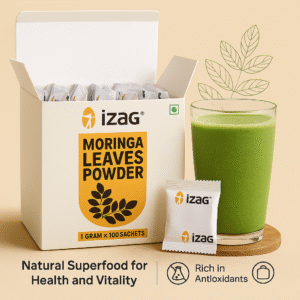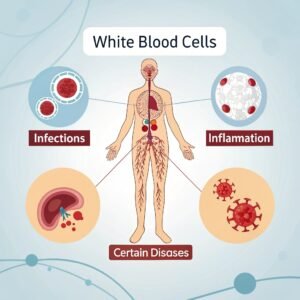When it comes to managing brain health, many people are looking for natural ways to support their well-being. One such natural remedy that’s gaining attention is spirulina. This blue-green algae is packed with nutrients and has been praised for its potential health benefits. But what makes spirulina stand out, especially for those dealing with Parkinson’s Disease (PD) and Alzheimer’s Disease (AD)? Spirulina: The Blue-Green Boost for Brain Health.
In this blog, we’ll break down what spirulina is, why it’s so nutritious, and how it might help people with PD and AD. We’ll look at the latest research and explain in simple terms how this superfood could make a difference. Whether you’re living with these conditions or just curious about new ways to support brain health, join us as we explore how spirulina might be a valuable ally in the fight against neurodegenerative diseases
What is Spirulina? Spirulina: The Blue-Green Boost for Brain Health
Spirulina is a type of blue-green algae that’s been consumed for centuries. It’s packed with nutrients, including proteins, vitamins, minerals, and antioxidants. But what’s really exciting is its potential to support brain health, particularly in relation to Parkinson’s and Alzheimer’s diseases.
Spirulina and Parkinson’s Disease: A Ray of Hope
Parkinson’s disease affects millions worldwide, leading to tremors, stiffness, and difficulty with movement. Spirulina may offer promising benefits:
-
Protects Neurons: Research shows spirulina shields dopamine-producing neurons, essential for movement control and often damaged in Parkinson’s.
-
Fights Oxidative Stress: Packed with antioxidants like phycocyanin, spirulina helps combat oxidative damage, a key factor in Parkinson’s progression.
-
Reduces Inflammation: By lowering brain inflammation, spirulina may slow disease advancement.
Spirulina and Alzheimer’s: Supporting Brain Function
-
Reduces Beta-Amyloid Plaques: Studies suggest spirulina helps clear harmful plaques linked to Alzheimer’s.
-
Enhances Memory: Research indicates spirulina may boost cognitive function in older adults.
-
Preserves Brain Cells: Spirulina’s neuroprotective properties support long-term brain health.
How Does Spirulina Work Its Magic?
Spirulina’s unique composition makes it a powerful ally for brain health:
-
Antioxidants: Phycocyanin and other compounds fight oxidative stress, a key factor in neurodegenerative diseases.
-
Anti-inflammatory Compounds: These reduce brain inflammation, potentially slowing disease progression.
-
Neuroprotective Agents: Certain components actively protect brain cells from damage.
But brain health isn’t the only concern—your bones also need attention. Strong bones support your body and overall well-being. Let’s explore how you can build and maintain bone strength throughout your life.
Conclusion: Spirulina: The Blue-Green Boost for Brain Health
NOTE:- IT IS ALWAYS RECOMMENDED TO CONSULT YOUR HEALTH CARE PROFESSIONAL. ALL DATA SHARED HERE ARE FOR EDUCATIONAL PURPOSES ONLY.









